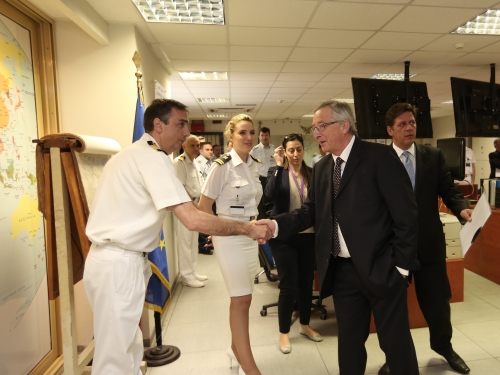
This article was originally published by the Barcelona Centre for International Affairs (CIDOB) on 23 March 2015.
Jean-Claude Juncker has revived the debate on a European army, an old, periodically torpedoed aspiration. In the 1950s, when the European integration process was in its embryonic phase, six nations led the European Defence Community. Its goal was to establish a supranational European army as an alternative to German rearmament, but it never saw the light of day due, ultimately, to the rejection of the country that put the initiative forward, France. In the 90s, when the Maastricht treaty set up the Common European Security Policy, its military component was also diminished by the reluctance of the more Atlanticist states to build a common European defence system.
